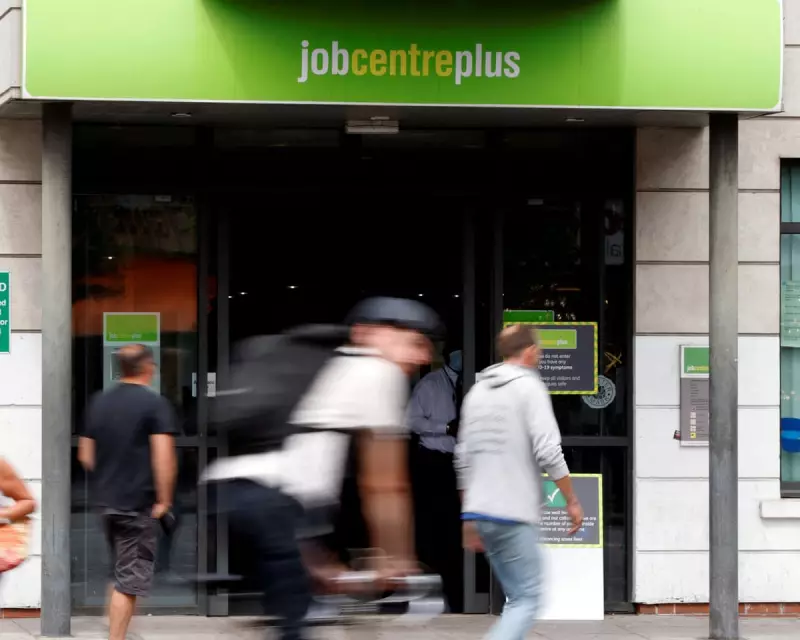
A startling new analysis has exposed a deepening crisis in Britain's job market, with young people bearing the brunt of worsening employment conditions that threaten to scar an entire generation.
The Bleak Reality for Young Workers
Fresh data reveals that workers under 25 are experiencing unemployment rates more than triple the national average, creating what experts are calling a "lost generation" in the UK workforce. The situation has deteriorated so significantly that young people now face the worst employment prospects since records began.
Tax Burden Shifts to the Young
In a concerning trend, the tax burden is increasingly falling on younger workers despite their precarious employment situation. Analysis shows that while older generations benefit from protected pensions and tax advantages, young employees are shouldering a disproportionate share of the tax load while struggling to find stable work.
Minimum Wage Fails to Keep Pace
The minimum wage, often touted as a solution for low-paid workers, is proving inadequate for young employees facing rising living costs. The gap between minimum wage rates for different age groups continues to widen, leaving younger workers earning significantly less for the same work as their older counterparts.
Economic Consequences
Economists warn that this youth employment crisis could have long-term consequences for the UK economy:
- Reduced lifetime earning potential for affected workers
- Increased pressure on social welfare systems
- Skills gaps as young people struggle to enter the workforce
- Delayed milestones like home ownership and family formation
A Call for Policy Intervention
Employment experts are urging the government to implement targeted measures to address the growing disparity. Suggestions include youth employment guarantees, apprenticeship reforms, and tax incentives for businesses that hire young workers. Without immediate action, they warn, Britain risks creating permanent economic disadvantage for its youngest workforce participants.
The data paints a troubling picture of a job market that is increasingly failing its youngest entrants, raising urgent questions about intergenerational fairness and the future of work in post-Brexit Britain.





